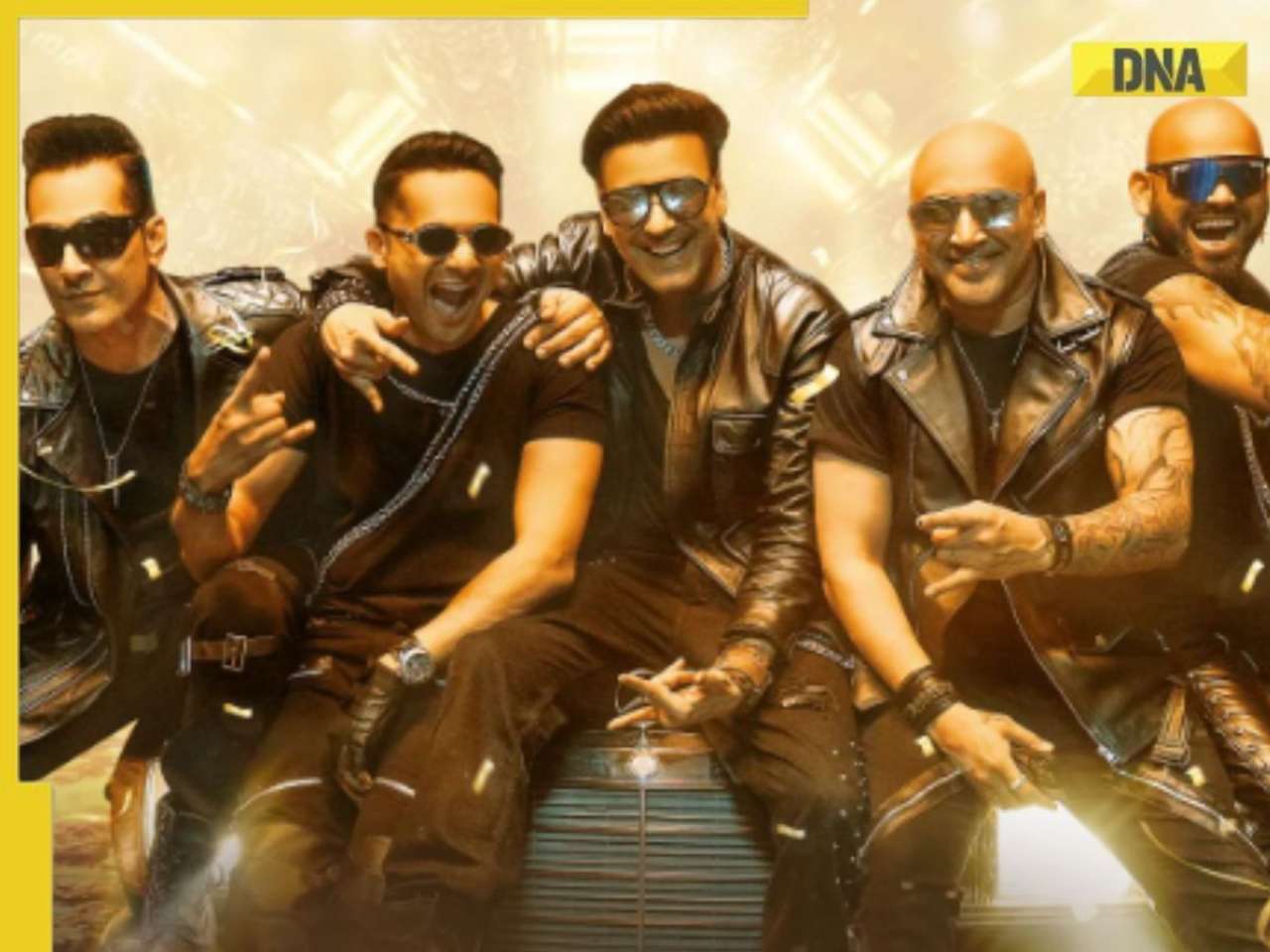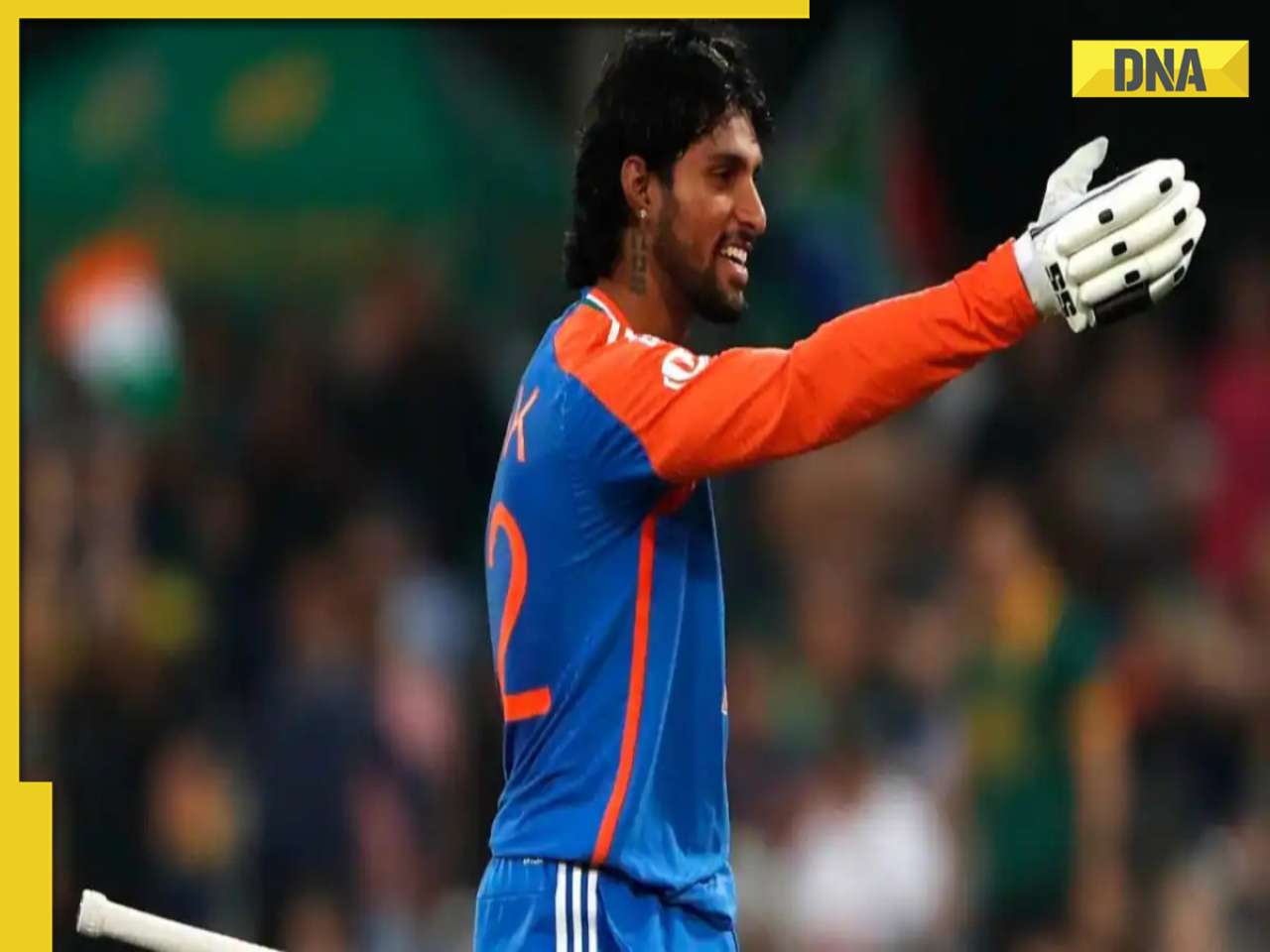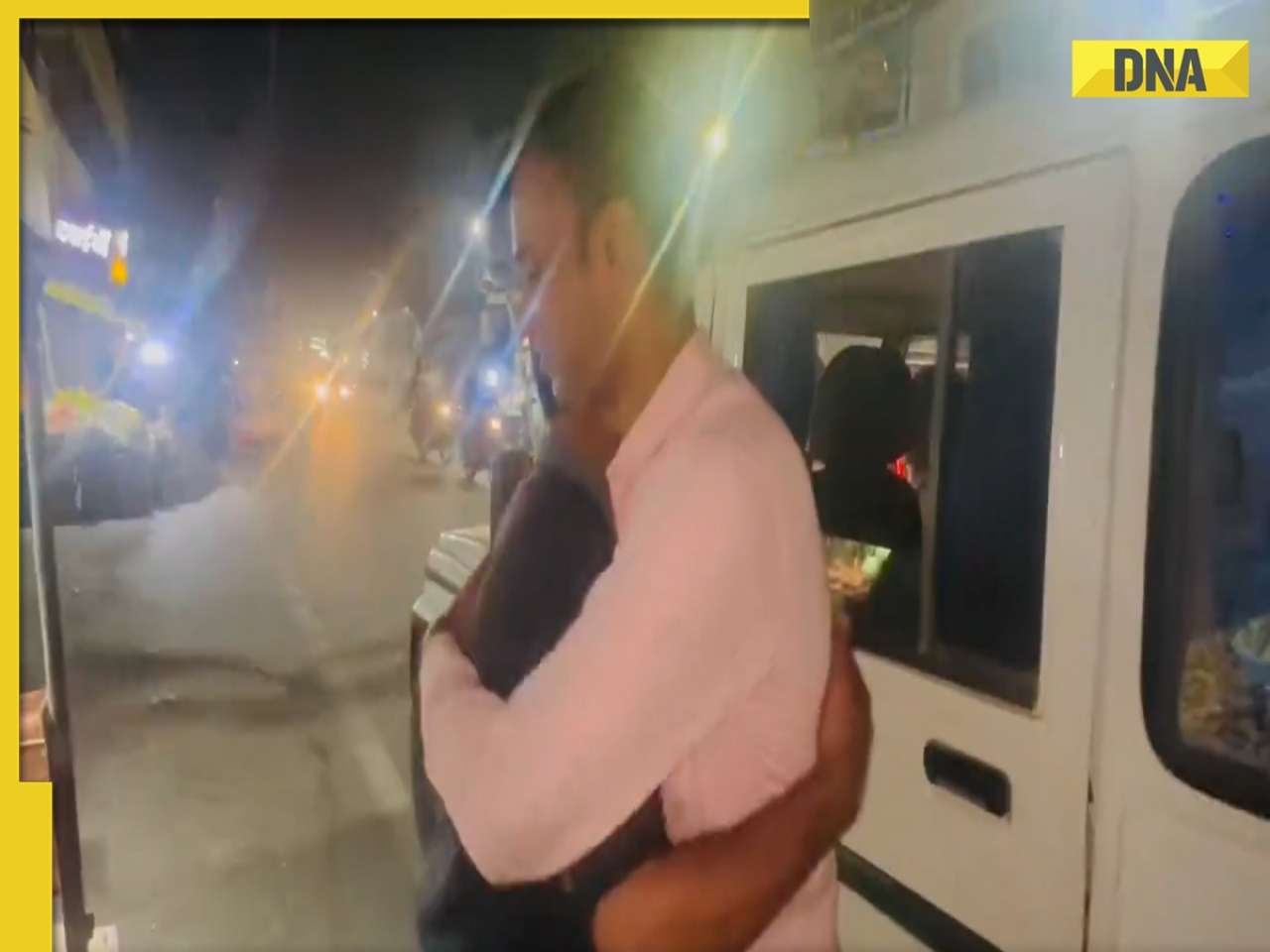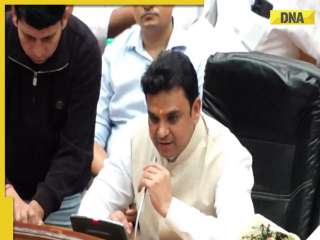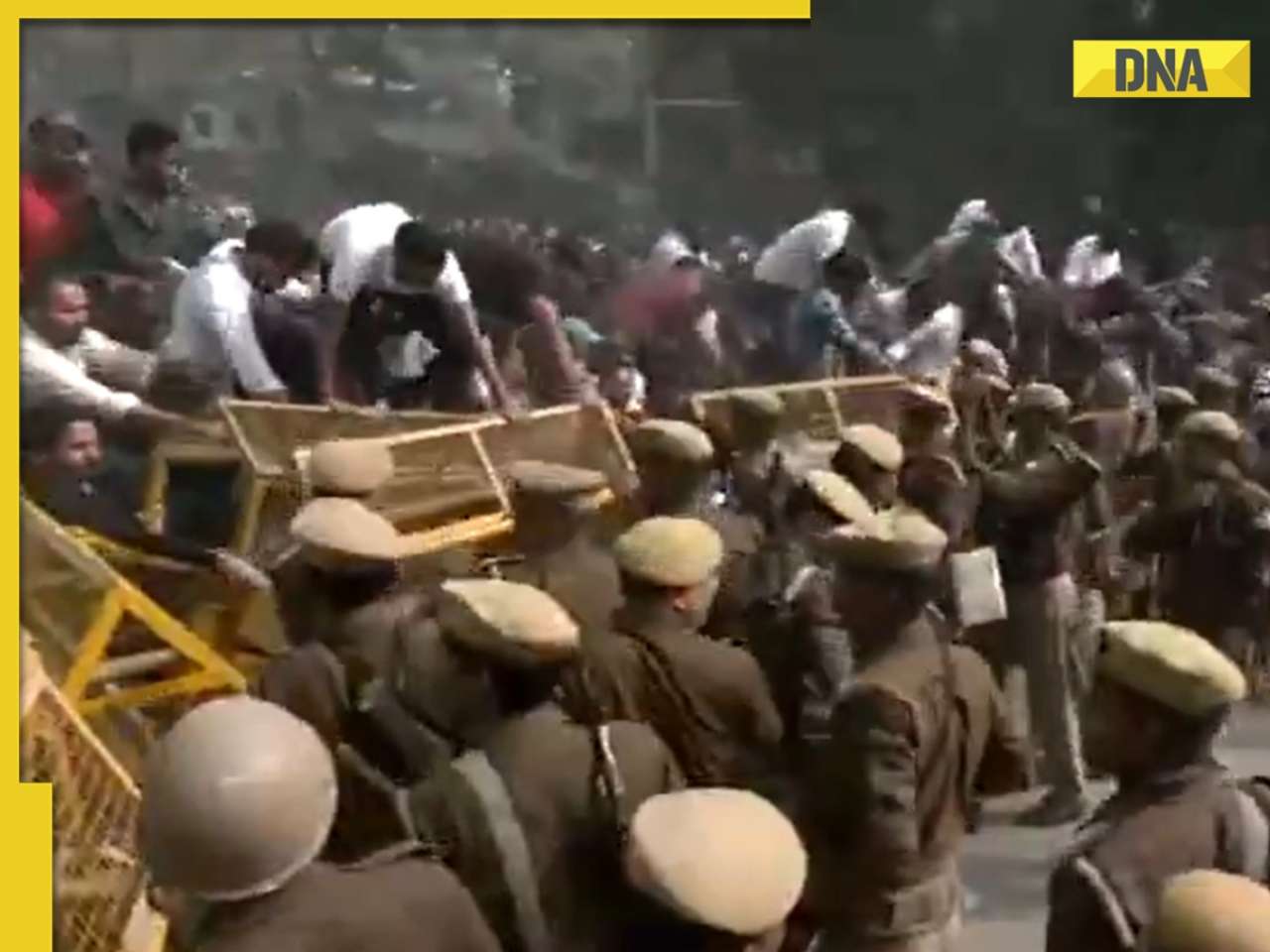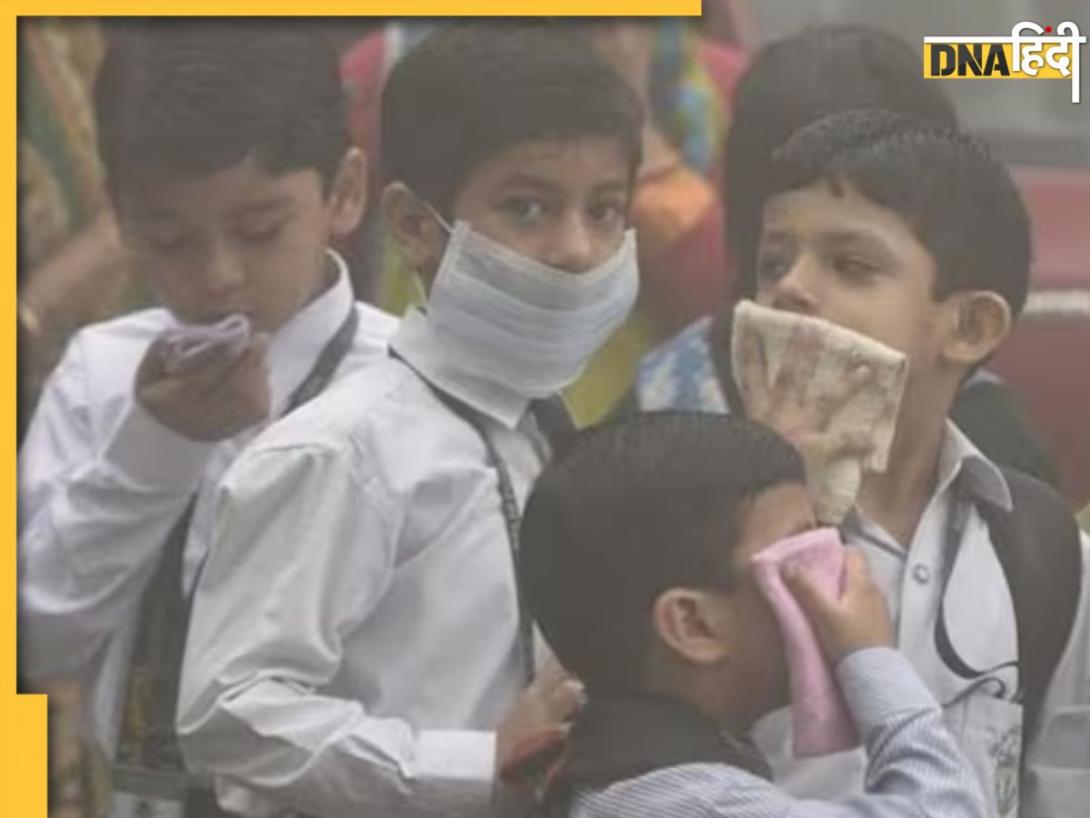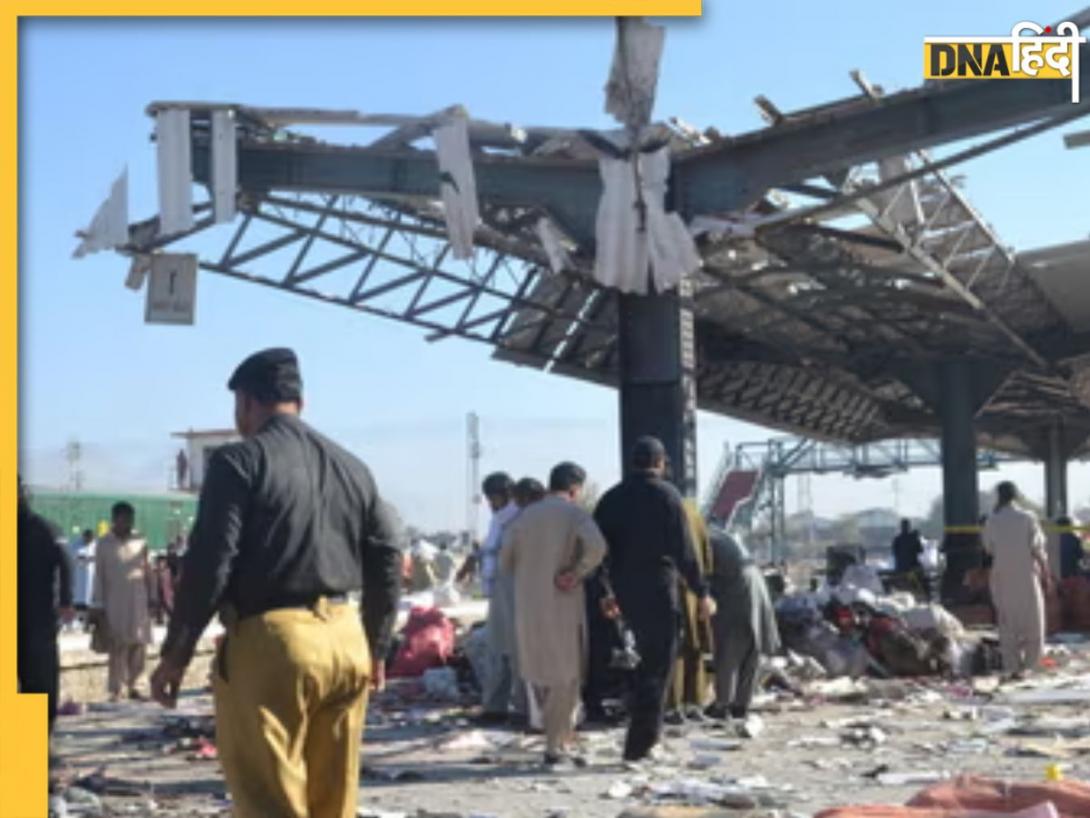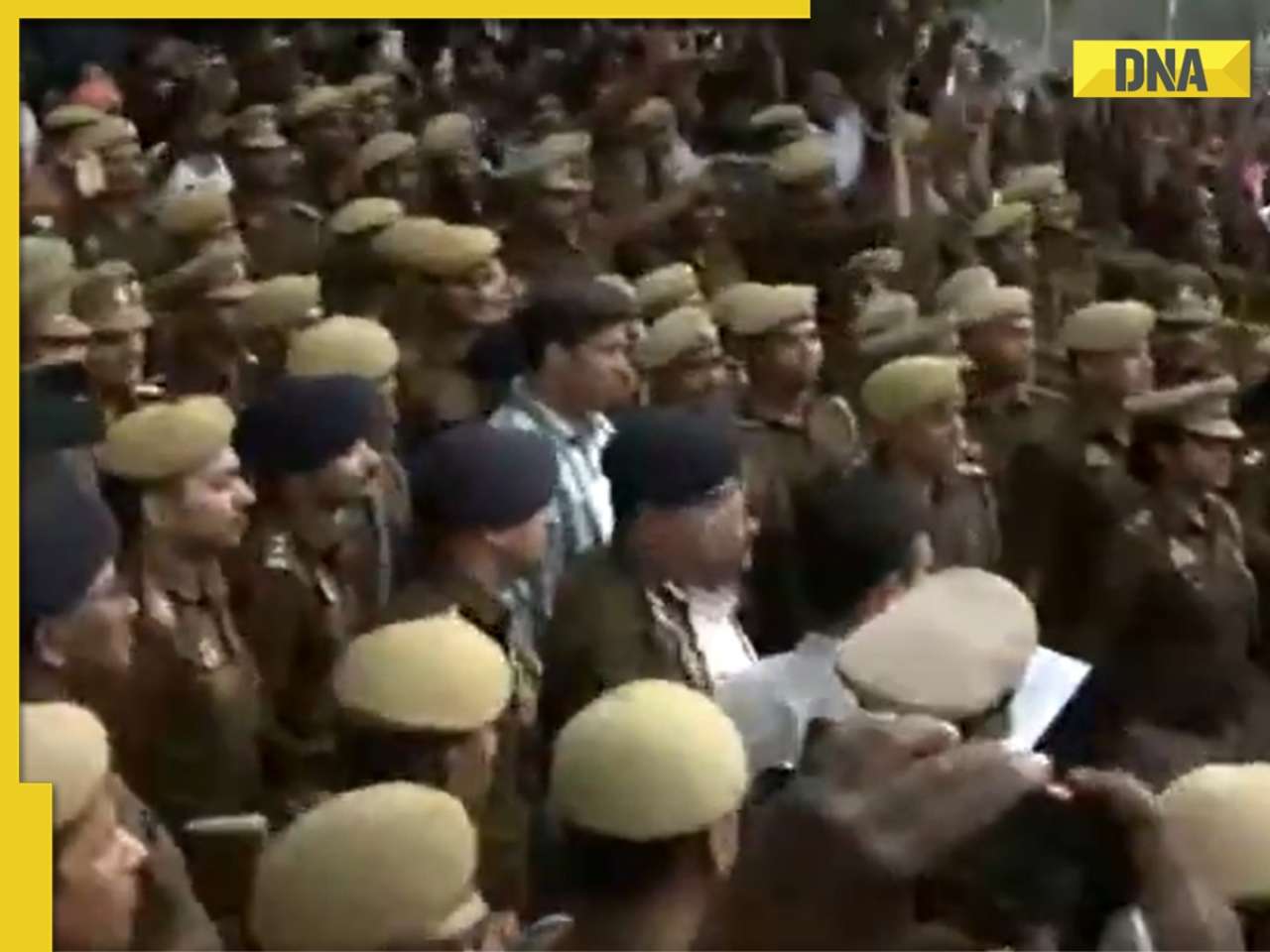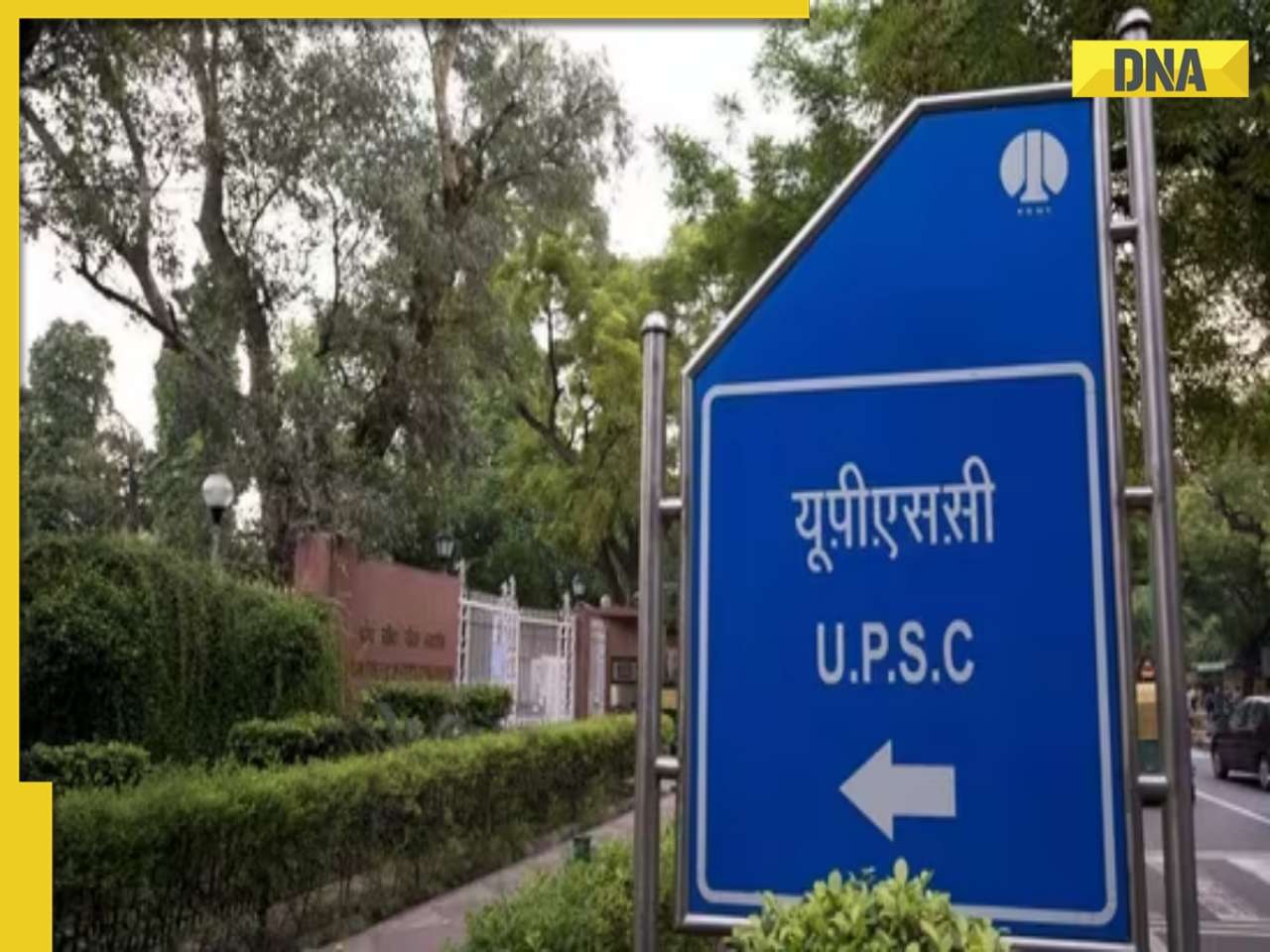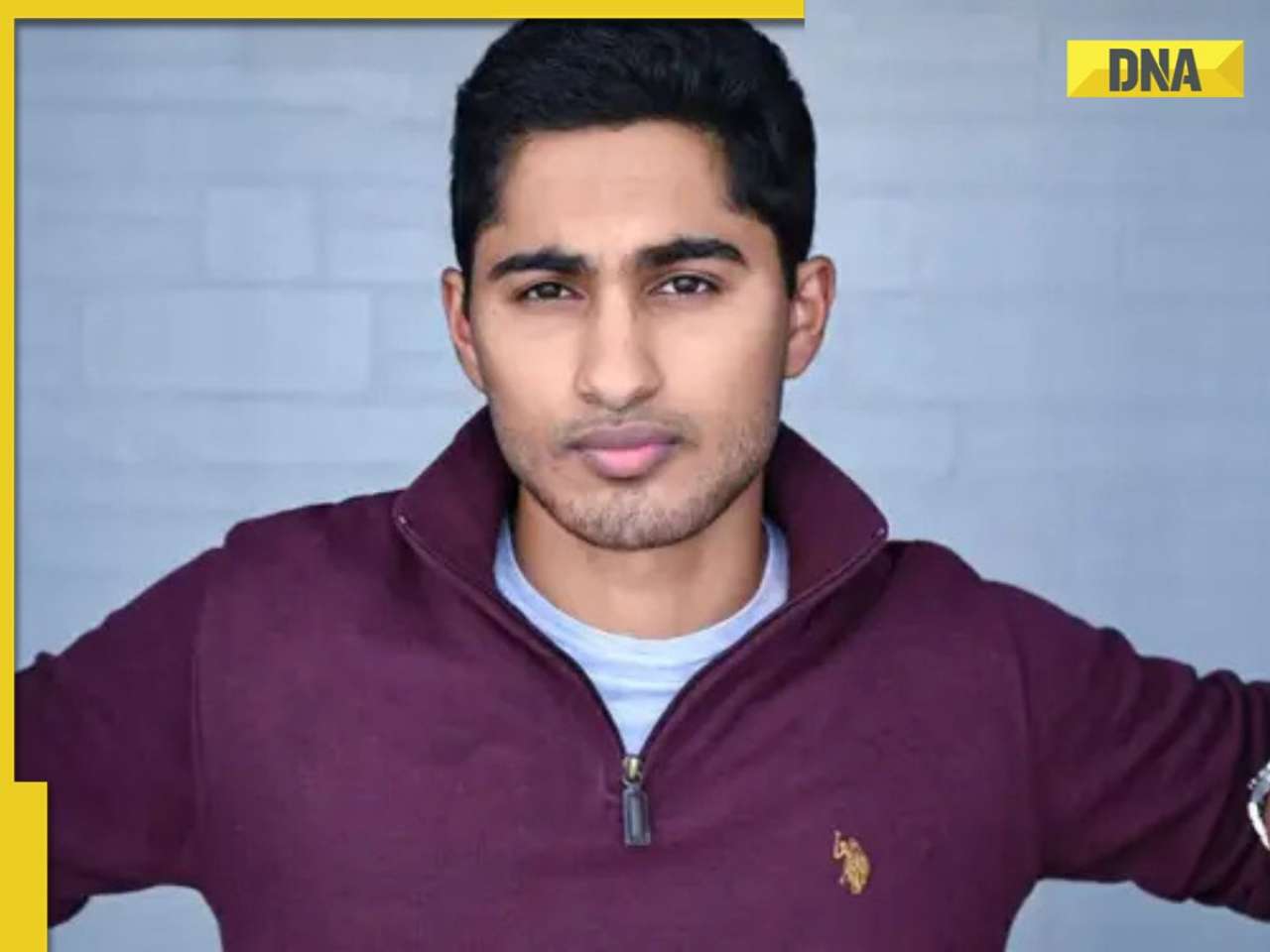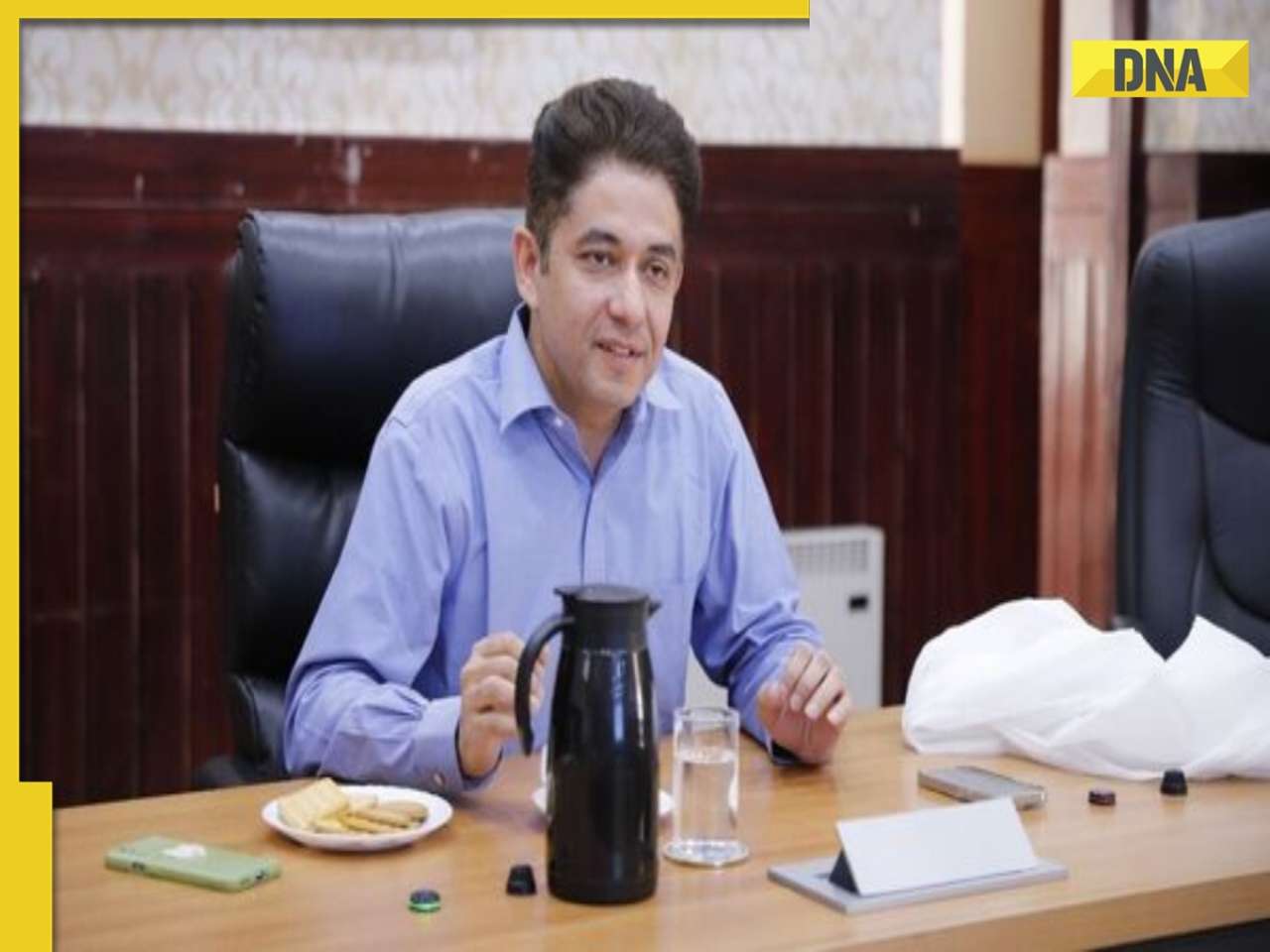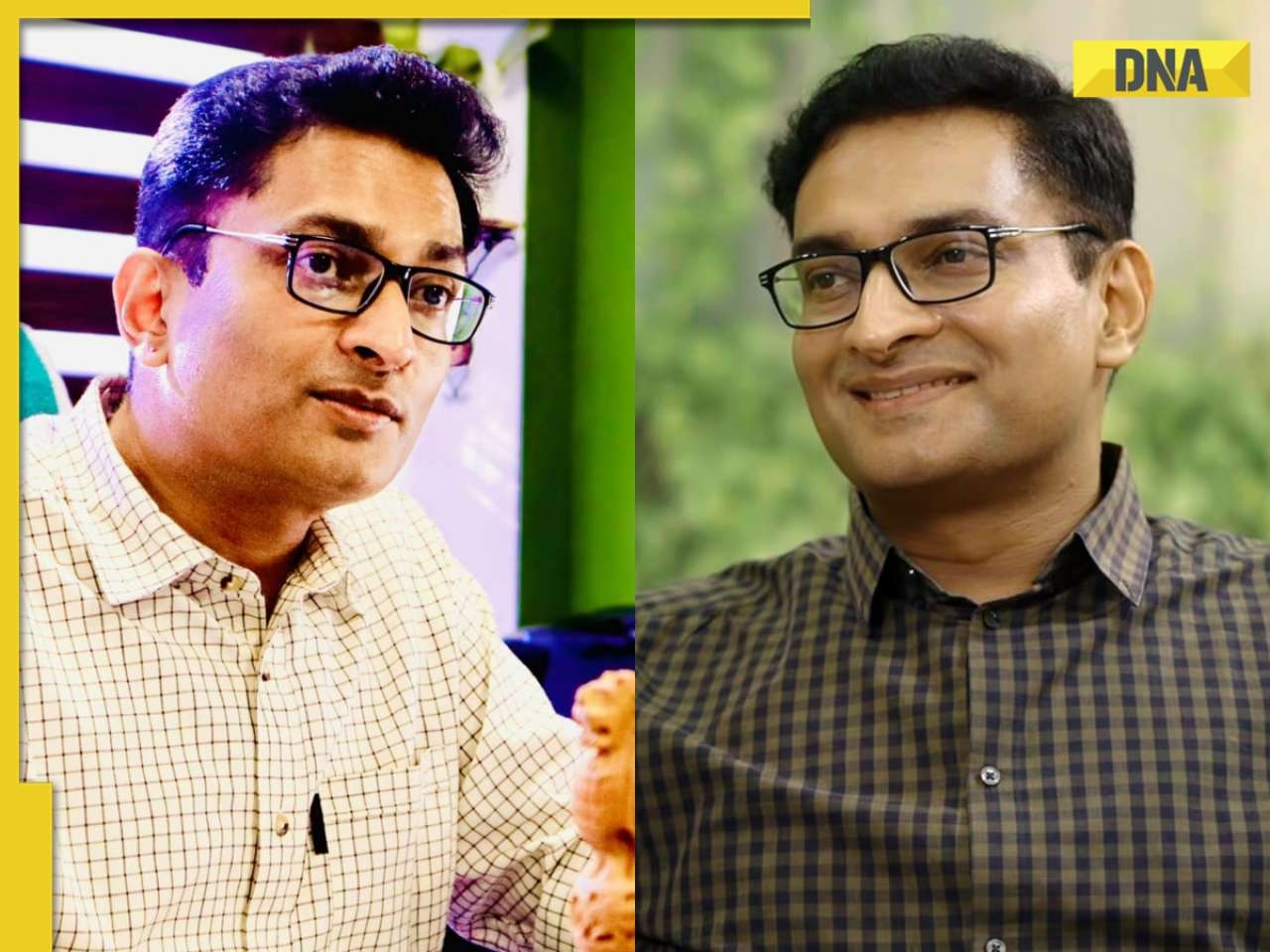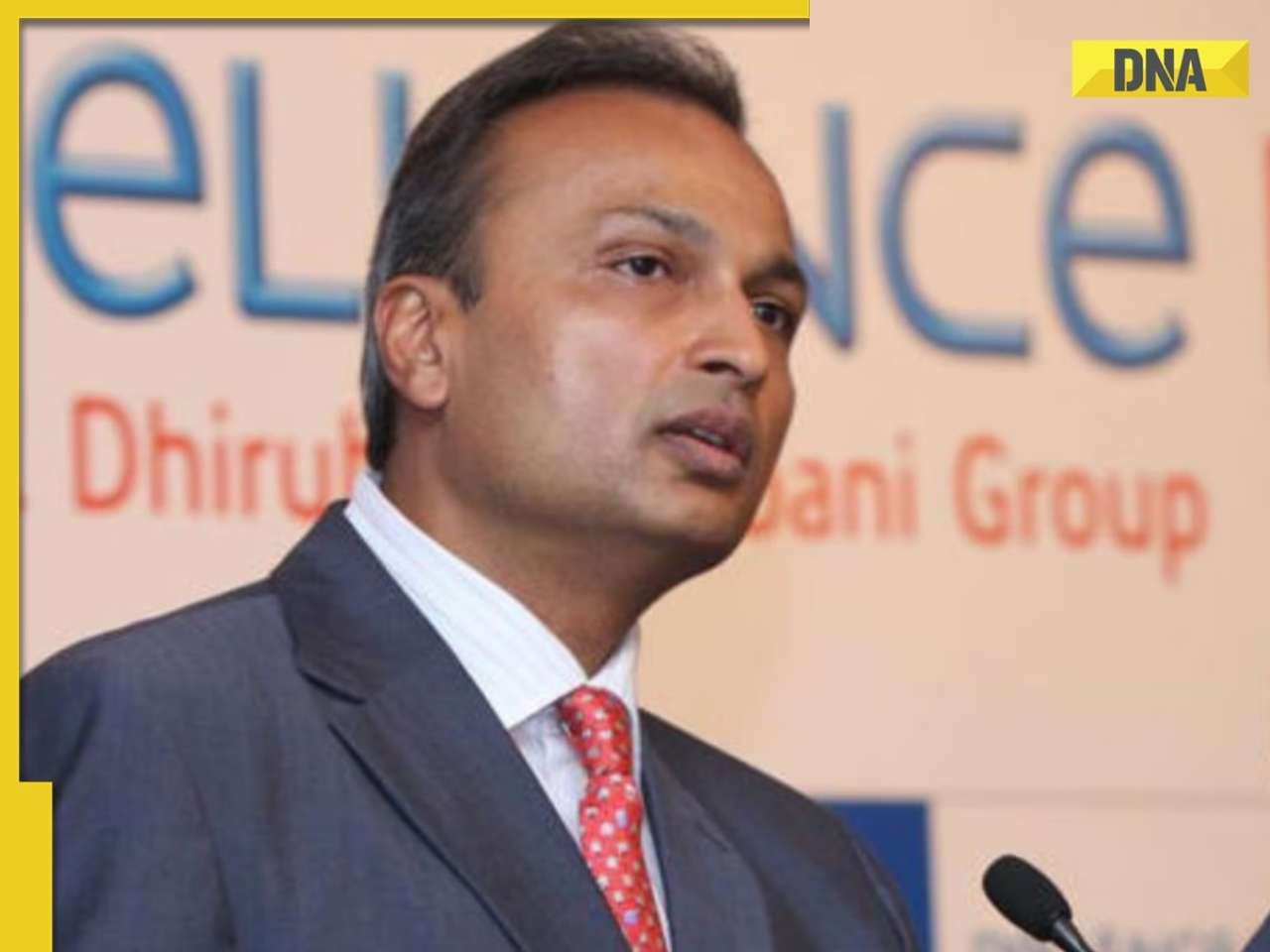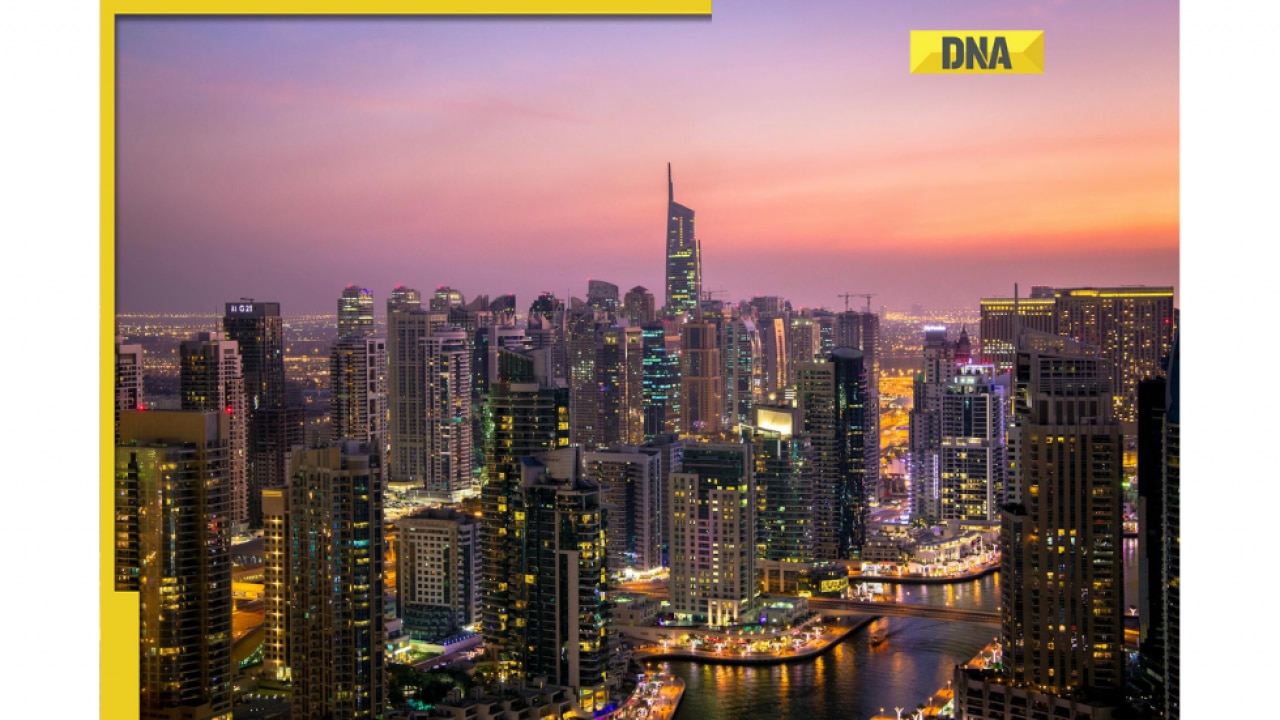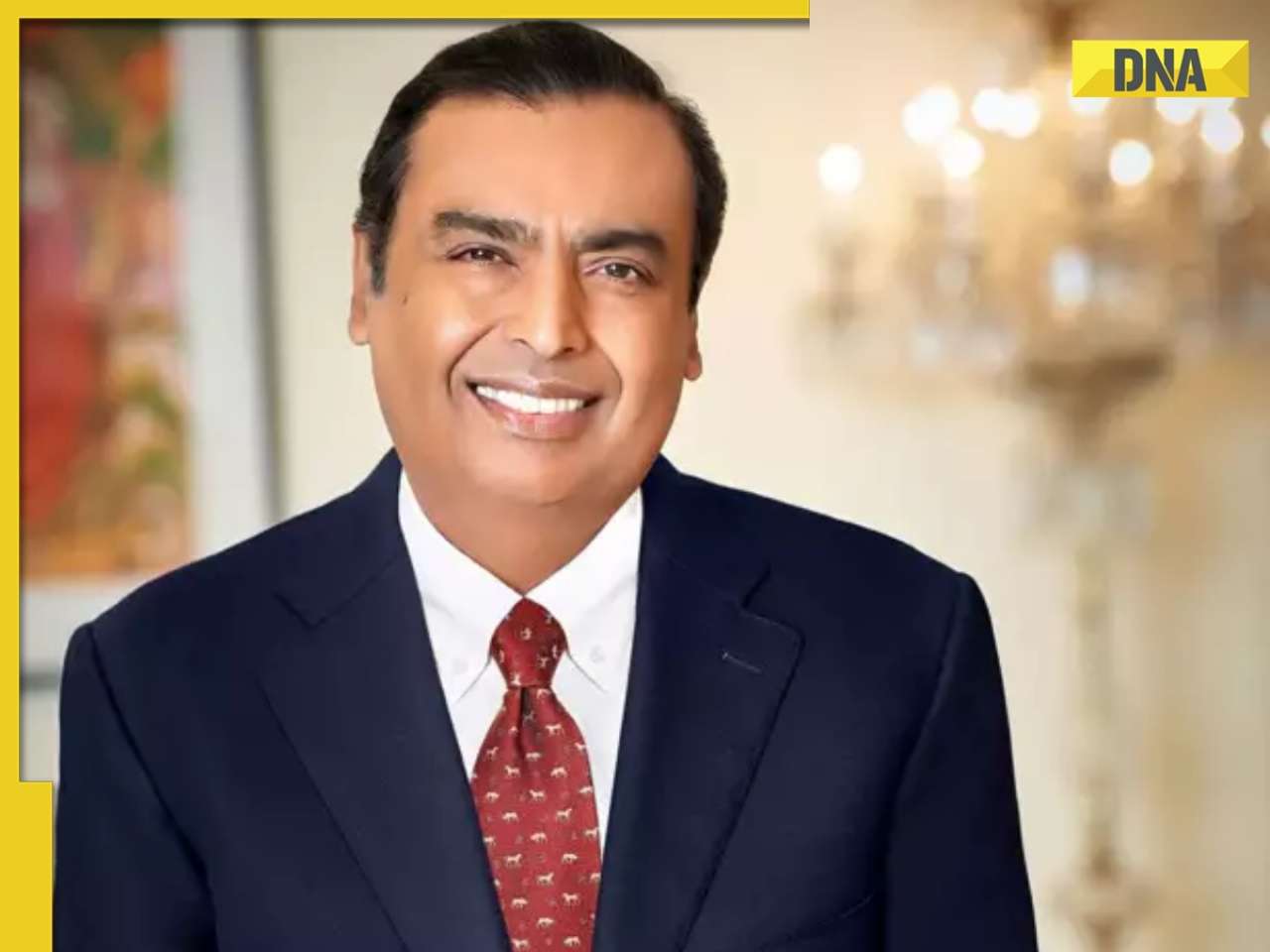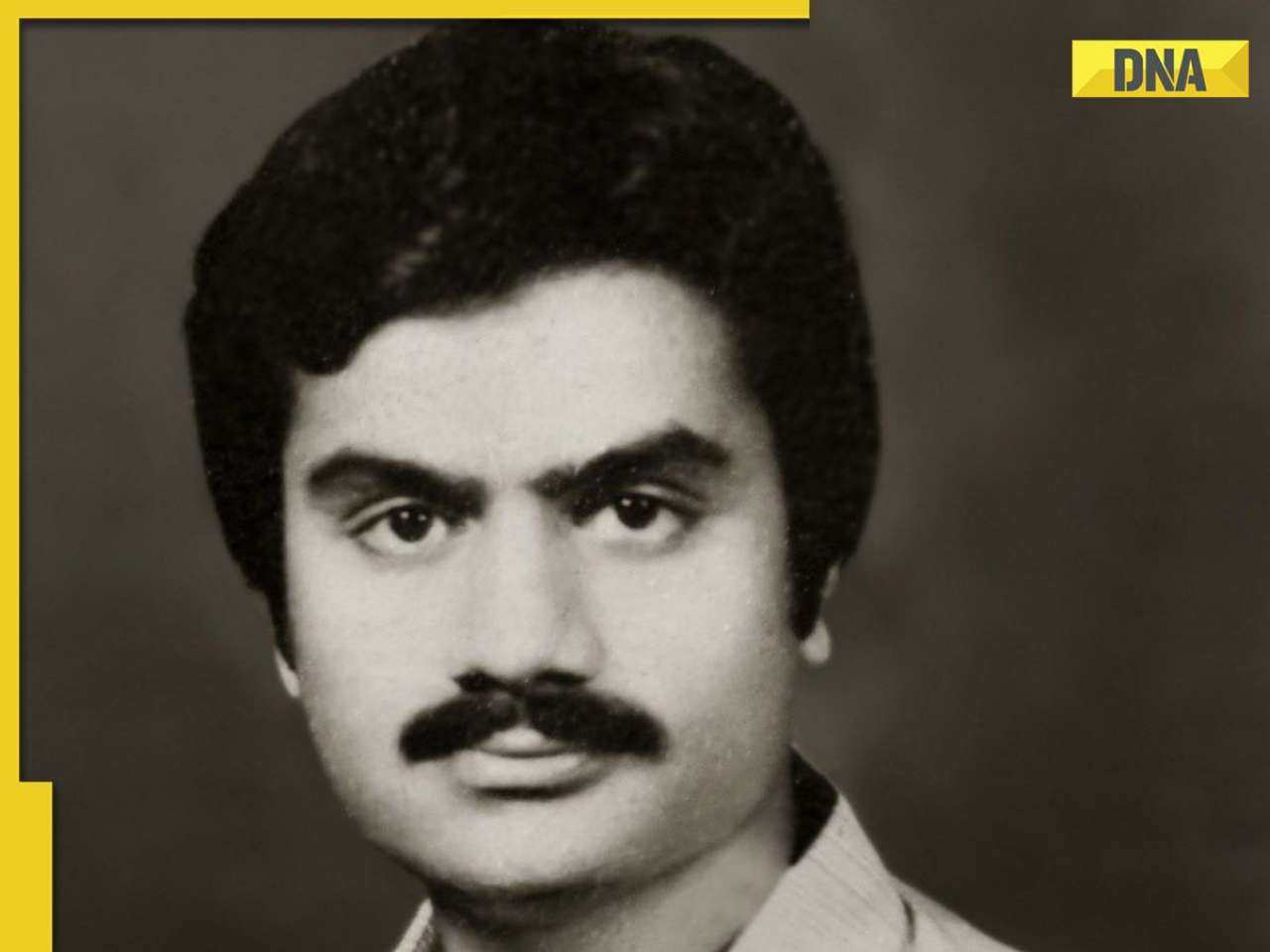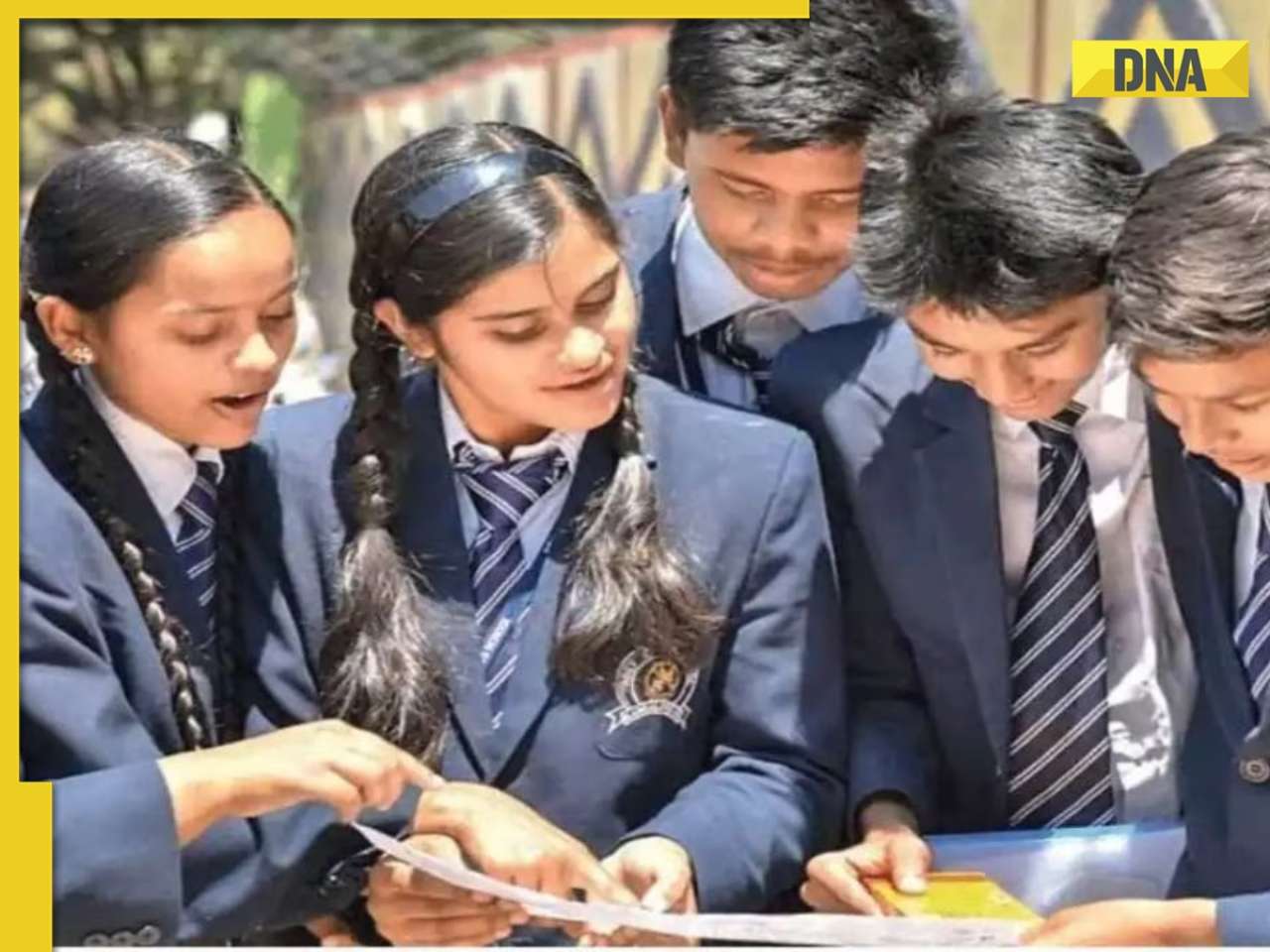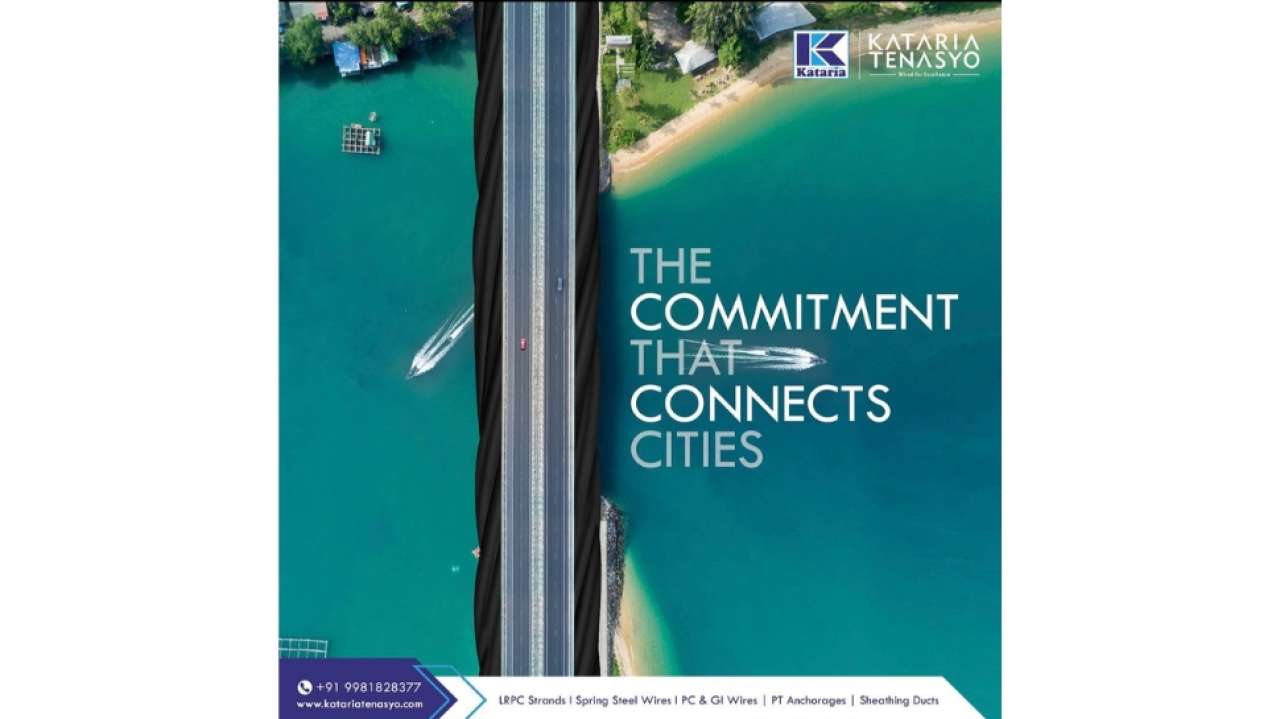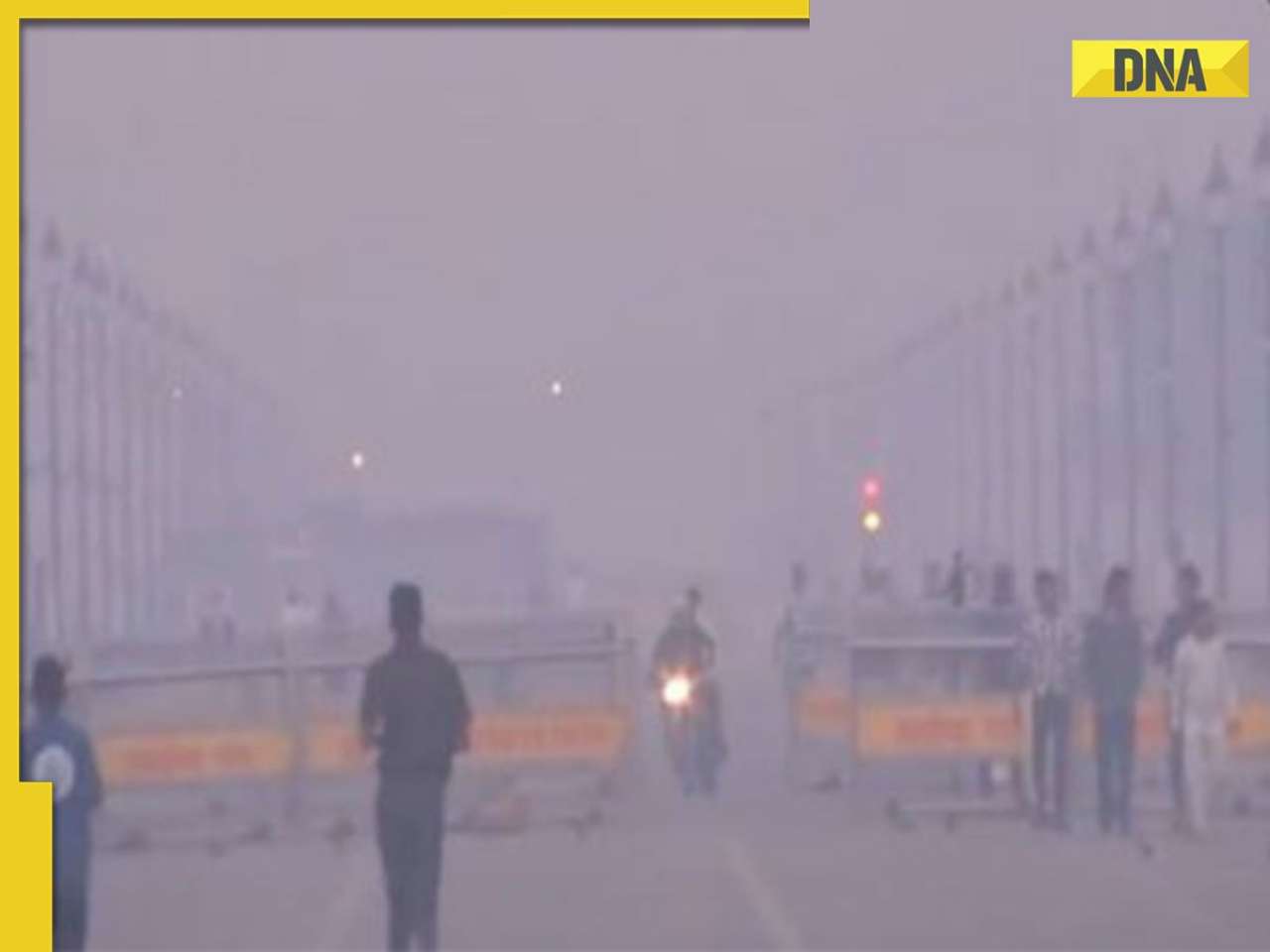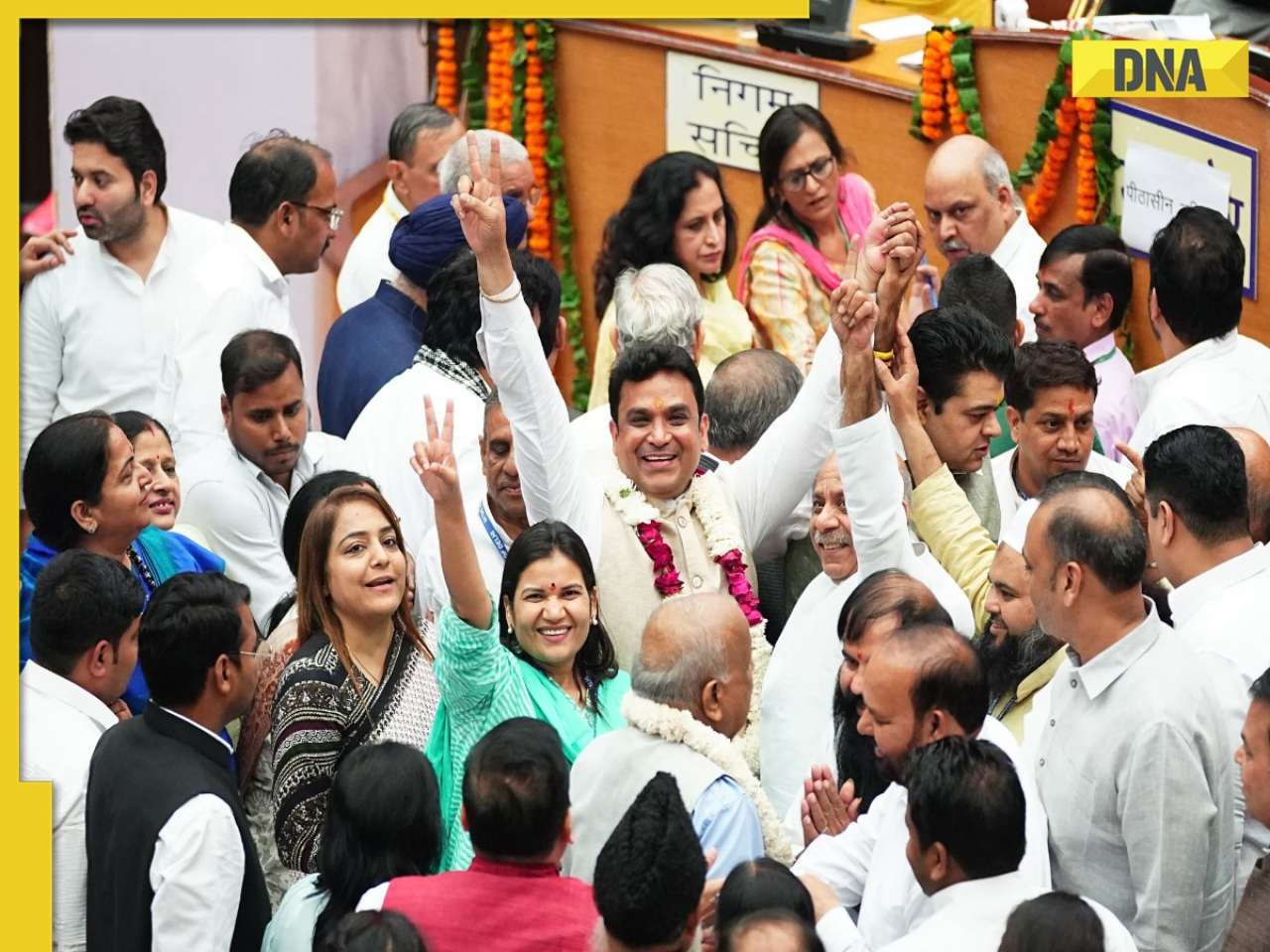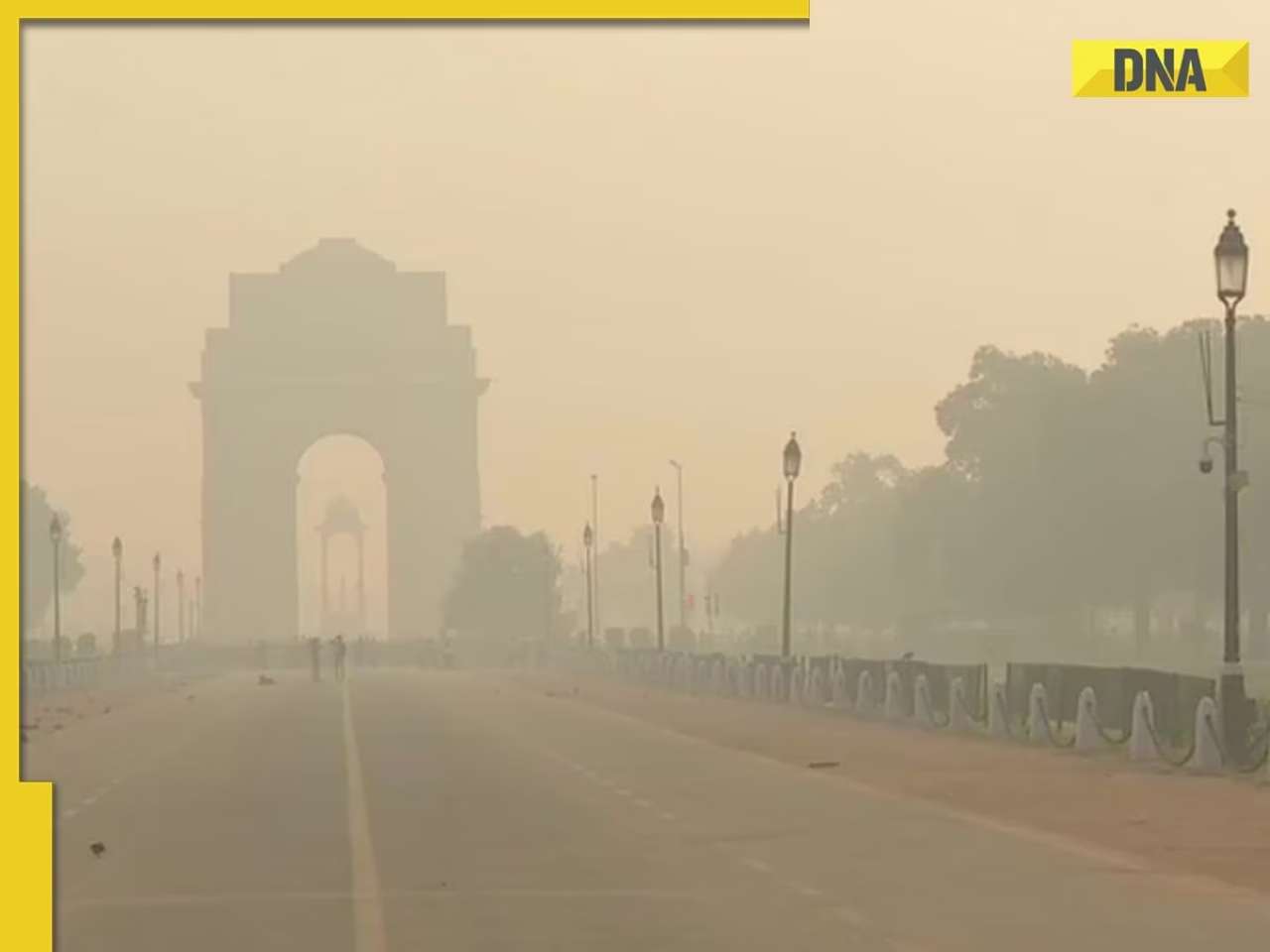- LATEST
- WEBSTORY
- TRENDING
ANALYSIS
Refugees not Migrants: How Europe is misleading the world on the humanitarian crisis in the Mediterranean
Europe needs all the international support it can get to alleviate the depressing and gut-wrenching plight of the refugees from the conflict zones in the Levant and Africa.
TRENDING NOW
The Mediterranean Sea is no stranger to maritime deaths, particularly of irregular migrants from North Africa and the Middle East who seek to enter the European Union for purposes of employment illegally. However, the number of casualties has spiked astronomically in the last four years, as have the number of people trying to cross the sea. Interestingly, European newspapers have so far portrayed the stories of the tragedies at sea as the usual tale of irregular migrants seeking a better life in Europe. The overwhelming conformity to this terminology, especially in light of the events of the past four years, is suspect.
Migration to Europe from Africa across the Mare Nostrum is a complex story, yet no different from many other similar situations such as across the Mexican border with the United States. In both cases, the prosperous states do not take into account the factors responsible for illegal immigration while formulating their immigration policies. Consequently, these policies are found to be ineffective to stem the human tide of the neighbouring poor. Historically, irregular migrants have tried to enter Europe through four points - the Spanish Canary Islands in the Atlantic Ocean, the Spanish territories of Ceuta and Melilla in North Africa, Malta and the Italian islands of Sicily and Lampedusa, and Greece and the Balkans.
Soon after World War II, Europe was desperately short of labour to rebuild a shattered continent. The Marshall Plan fuelled the economic miracles, usually known as the golden decade, in several countries and there was a free flow of labour from Africa and the Middle East into Europe. During this first wave of migration, the European destinations of choice had been France, Germany, the Netherlands and Belgium. However, this situation began to change after the Energy Crisis of 1973 and European countries began to have increasingly strict restrictions on visa issuances. The 1985 Schengen Treaty, for example, made it difficult for workers from the eastern and southern Mediterranean rim countries to seek employment in its member states - France, Germany and the Benelux countries (Belgium, the Netherlands and Luxembourg). In response to the demand for low-skilled labour in southern Europe and the closed markets of the traditional destinations, Spain and Italy saw an increase in immigration until the early 1990s when they too introduced visa requirements for immigrants from the Maghreb.
Despite the tightening of visa controls, there has always been a demand for unskilled labour in the informal sector in Europe; this has kept the flow of migrants going. Contrary to the common perception of irregular migrants, most are fairly well-educated and from middle-class families. However, their qualifications are often not recognised in Europe and migrants therefore fulfill the demand in domestic service, agriculture, fisheries and janitorial work. This is an advantage for their employers, who find semi-skilled workers for lower salaries. Again, contrary to common perception, the majority of irregular migrants do not enter Europe via the Mediterranean. Many overstay their legal visas, others travel with false documentation and some hide away in vehicles and containers.
The crises that erupted in the Middle East and North Africa around 2011 augmented the usual flow of people into Europe. According to the United Nations High Commission for Refugees, the number of people fleeing to Italy in 2009 was 9,573; this had rocketed to 61,000 by 2011.Similarly, Greece, which had seen about 10,000 people attempt to reach its shores in 2005 saw the number climb up to 60,000 in 2011. For whatever reason, Italy seems to be bearing the brunt of this immigration surge - in 2010, some 4,500 migrants left Libya for Italy but by 2014, that number had soared to 170,000. By contrast, the land route into Greece and the Balkans from Turkey saw about 51,000 people smuggle across in 2008, approximately the same number as in 2014. According to UNHCR estimates, some 219,000 people crossed the Mediterranean into Europe last year and 3,419 died at sea. By March this year, some 36,000 are expected to have entered Europe and the casualties already number 1,750.
Many blame Europe for the deaths. One immediate reason is that the EU scaled down maritime patrol operations in the Mediterranean which saved thousands of lives. In response to the drowning of over 300 people off the coast of Lampedusa in October 2013, Rome launched Operation Mare Nostrum, a series of extended patrols and devotion of military assets to rescue operations. Funded at slightly over $12 million per month, it is estimated to have saved some 150,000 people in its short duration of a year. In the midst of a financial crisis itself, Italy could not afford to fund the efforts alone and asked for support from its EU partners. Additionally, the EU's Dublin Regulation puts the cost of processing of illegal migrants entirely upon the country of first arrival, making border states of the federation more vulnerable. However, the EU refused to support Rome by arguing that Mare Nostrum had made the central Mediterranean route safer and hence encouraged even greater migration. Instead, Operation Triton was launched, a programme that receives barely a third of the funding of Mare Nostrum and patrols only close to European waters rather than the entire Mediterranean. This, however, has not dissuaded people from attempting to cross the Mediterranean and given that most of the shipwrecks occur near Libyan waters, it has only increased casualties. Another reason Europe is blamed for the exacerbated irregular migration crisis is that European capitals encouraged or conducted operations in North Africa and the Levant that toppled local governments and sent the region into paroxysms of violence that has caused the dislocation.
To be fair, there are reasons beyond Europe's control for the tragedies. Human traffickers crowd boats beyond the safety limit and deploy unseaworthy vessels to ferry irregular migrants across the Mediterranean. If the boats capsize or are wrecked, under maritime law, it is the legal obligation of anyone who sees the castaways to rescue them. Thus, traffickers shirk their responsibilities for safe passage onto European navies. Furthermore, the sheer number of boats put to sea at a time means that Italian naval vessels operating in the region have received over a dozen distress calls at a time. Underfunded and undermanned as the patrol operations are, it is simply impossible to rescue everyone. While the entire focus and blame has been on Europe, it is also a fact that African governments and media have remained silent and indifferent to the regular tragedies in the Mediterranean except to blame their northern neighbours across the sea. Dutch prime minister Mark Rutte asked that Africa must also collectively pick up its share of the responsibility; "Last time I checked, Libya was in Africa, not Europe," he said.
If Europe is to blame, however, it is not for the quotidian failures of its naval officers but for its refusal to acknowledge the realities of the problem it faces. Like the proverbial ostrich that buries its head in the sand, European governments have not cared to distinguish between the the regular inflow of illegal labour across their southern sea and the significant increase of migration in the last four years. European media and government still refer to the rescued and the victims as 'migrants' rather than 'refugees', as if the primary motive of the Syrians and Libyans flooding into Europe now is gainful employment and remittance back home rather than physical safety. Yet the word 'refugee' is rarely seen in the discussion of the deaths in the Mediterranean.
The probable reason for this is that there are legal implications in the choice between these two words. Rooted in the horrors of the Holocaust and the denial of immigration to ships carrying Jewish refugees, the 1951 United Nations Convention on Refugees and its 1967 Protocol governs how the dislocated may be treated. The Universal Declaration of Human Rights also guarantees a right to seek asylum from political crimes. Activists have tried to expand this to include economic deprivation but that would be so broad as to render the convention meaningless. It has become a basic principle of international law that countries are obligated to take in refugees of political violence and conflict and the treaty prohibits refoulement - forcing a refugee to return to a country where his life is threatened. The onus of proof of persecution is upon the refugee and asylum may be denied under specific circumstances. However, it is difficult to argue that Syrians and Libyans in particular do not have legitimate grounds for asylum presently.
Attaining the 'refugee' tag hardly guarantees a life of comfort - usually, it is followed by life in massive government camps awaiting resettlement. Some refugees are indeed given the opportunity to stay and work in their host country but this is a minuscule number. For example, of the 2.5 million refugees of the Syrian civil war in 2013, the United States accepted 36 for resettlement. Nevertheless, even such a life of rations and make-shift homes is preferable to the hundreds of thousands fleeing the Levant and North Africa. Of course, many try to escape the camp and disappear into the country, finding employment and lodging below the state's net. This leaves them vulnerable to exploitation but few of the dislocated have anything left to lose and even the leaking boats on the Mediterranean offer more hope than life back at home.
European law does give special consideration to certain categories of refugees - minors, the elderly, the disabled, pregnant women, single parents accompanied by minors, and victims of torture and sexual violence. Beyond non-refoulement, these include the right to information in a language they understand, a renewable residence permit valid for at least three years, travel within and outside the country that granted refugee status, employment, education and vocational training, access to medical care, access to appropriate accommodation and access to programmes facilitating integration into the host society. An irregular migrant, on the other hand, receives no such benefits; he may be deported and employment is forbidden.
It is ironic that the continent that led the charge on the Right to Protect (R2P) now even refuses to acknowledge refugees. The humanitarian rhetoric of R2P is reserved for justifying the bombardment of other states but does not seem to apply to one's own immigration policies. One can take this blame game even further back in history to the era of imperialism and blame the white man's rapacity in the colonies but that hardly does any good at present. The humanitarian crisis is genuine and Europe needs all the international support it can get to alleviate the depressing and gut-wrenching plight of the refugees from the conflict zones in the Levant and Africa.
It must also be recognised that Europe does have legitimate grievances about its inability to handle the entire influx of refugees from the Greater Middle East. One possible approach to the Mediterranean crisis is an international commitment to resettle the refugees. Preference might be given to stable neighbours first, the countries of the Organisation for Economic Co-operation and Development next, and finally the rest of the world. Those unwilling to take people may contribute by way of financial assistance. Even if some of the refugees are dispatched through this programme, it will reduce the burden on the camps in Turkey, Jordan and elsewhere. It is unlikely that the conflict in Libya or Syria/Iraq will be resolved soon by diplomacy or by force and though efforts should be made towards that end, the future of the dislocated cannot be pinned on such hopes in the short term.
International affairs is filled with rhetoric about our mutual obligations to one another. One such duty might perhaps be not to let the refugee protection system collapse for those who are the neediest among us. Let too many institutions and ideals wither away on economic and "practical" grounds, and eventually there will be nothing left to preserve in an anomic world. The first step, however, is for Europe to accept that the thousands of people risking life to cross the Mediterranean Sea are refugees and not irregular migrants.
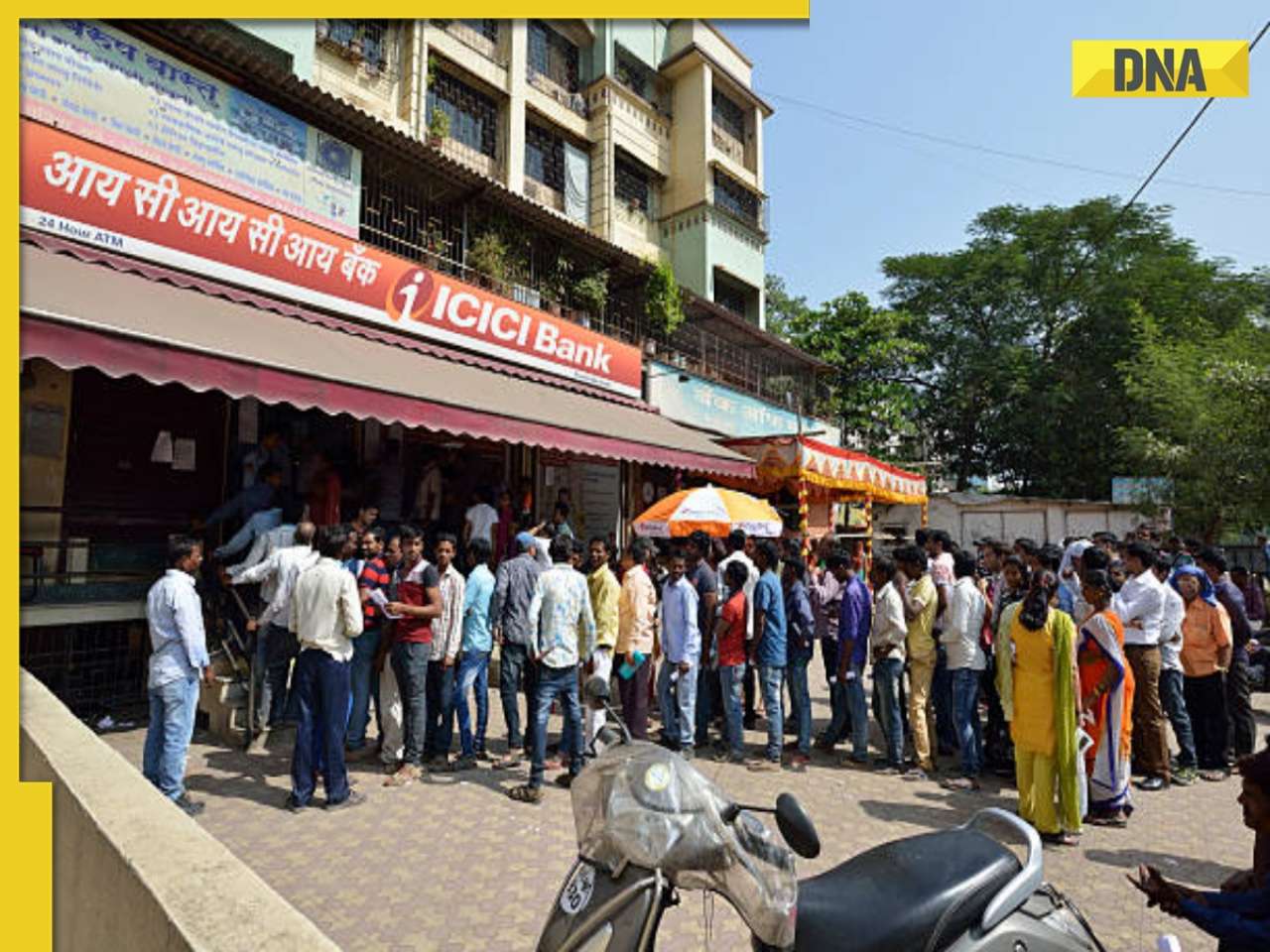
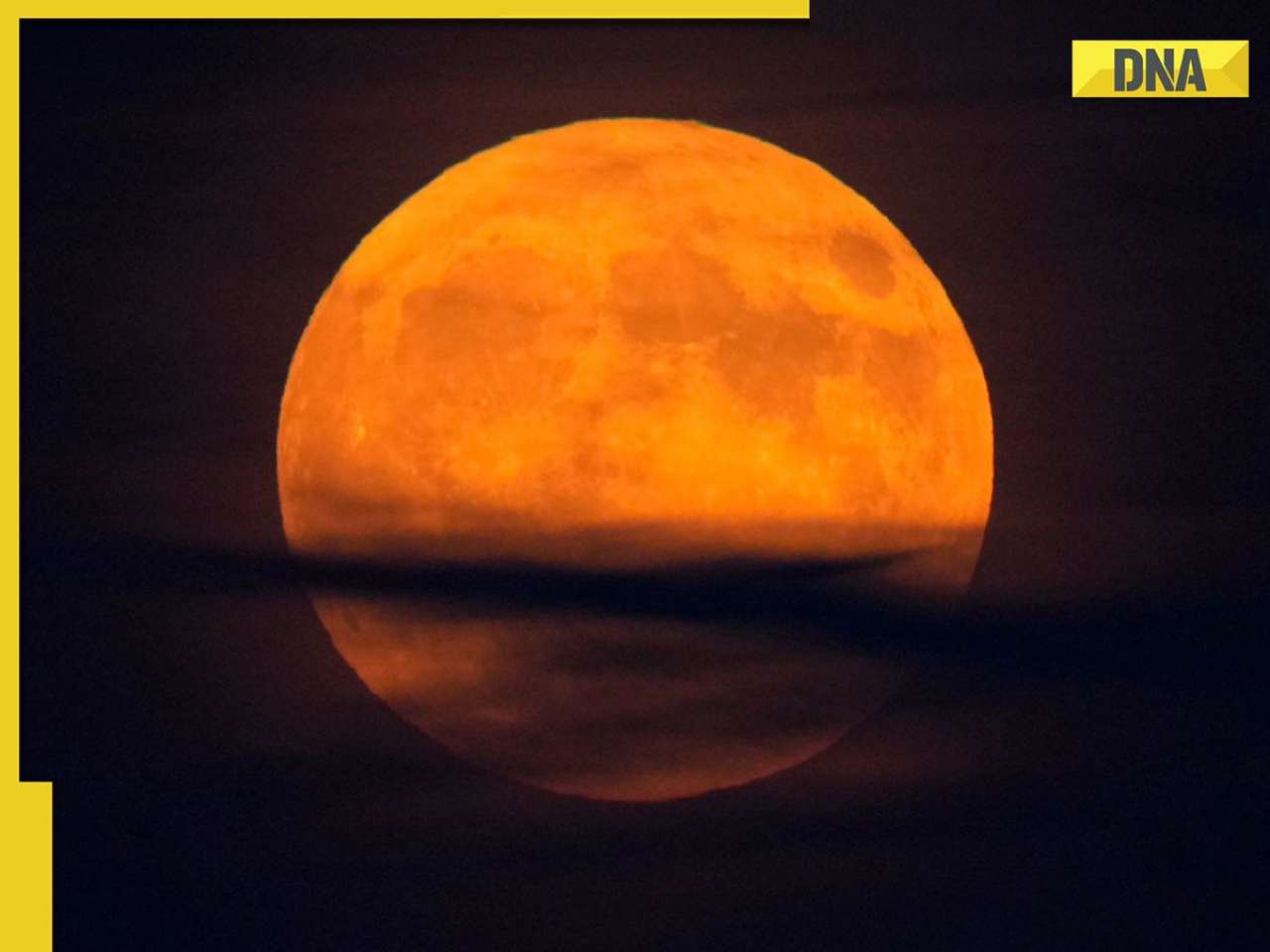
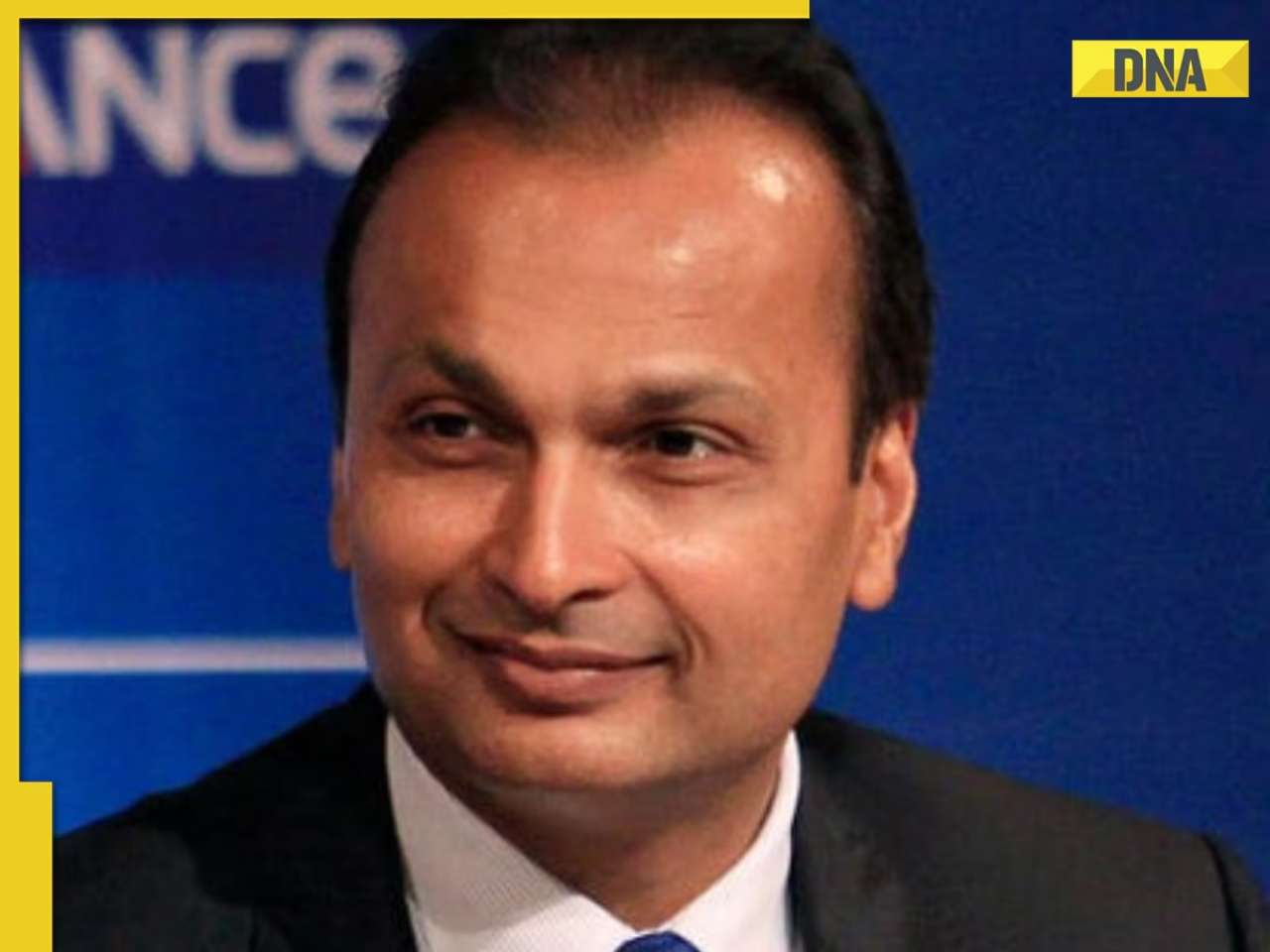




)
)
)
)
)
)
)
)
)
)
)
)
)
)
)
)






